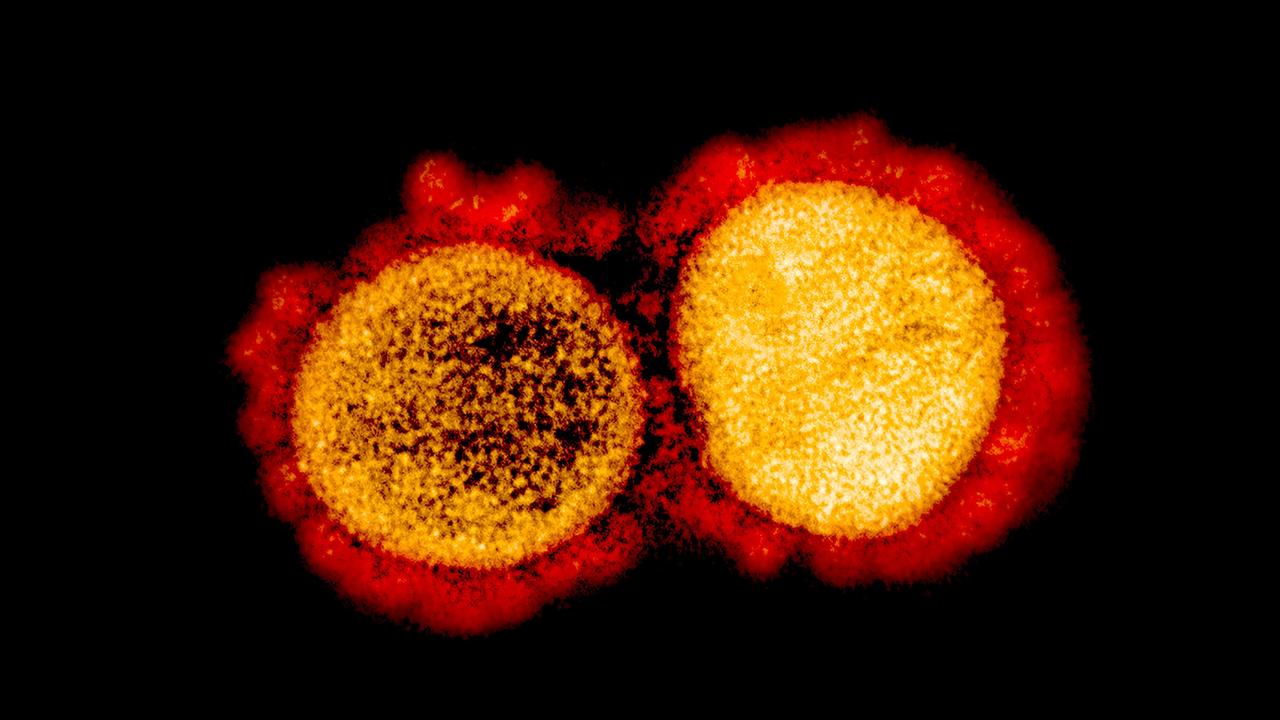First batch of Russian vaccine produced
Russia has produced the first batch of its coronavirus vaccine, after Vladimir Putin said it had been first in the world to approve a vaccine.

Russia said that it has produced the first batch of its coronavirus vaccine, after President Vladimir Putin announced it had been first in the world to approve a vaccine.
Putin’s announcement on Tuesday about the vaccine was met with caution from scientists and the World Health Organisation who said it still needed a rigorous safety review.
“The first batch of the novel coronavirus vaccine developed by the Gamaleya research institute has been produced,” the health ministry said in a statement quoted by Russian news agencies.
Putin said the vaccine was safe and that one of his own daughters had been inoculated, though clinical trials were not yet complete and final stage testing involving more than 2,000 people only started this week.
Western scientists were sceptical, with some warning that moving too quickly on a vaccine could be dangerous, but Russia denounced criticism as an attempt to undermine Moscow’s research.
The Russian vaccine is called “Sputnik V” after the Soviet-era satellite that was the first launched into space in 1957.

It was developed by the Gamaleya research institute for epidemiology and microbiology in Moscow in co-ordination with the Russian defence ministry.
The head of the institute, Alexander Gintsburg, told the TASS state news agency on Saturday that volunteers taking part in the final stage testing of the vaccine’s safety and efficacy would have two inoculations.
Russia has said that industrial production is expected from September and that it plans to manufacture 5 million doses per month by December or January.
Health Minister Mikhail Murashko said this week that the vaccine would first be made available to medics and would later be available to all Russians on a voluntary basis.
With more than 917,000 confirmed infections, Russia’s coronavirus caseload is currently fourth in the world after the United States, Brazil and India.
Currently Russia has 92,000 people hospitalised with the virus and 2,900 in intensive care, according to the health ministry.
PHILIPPINES TO TEST VACCINE
The Philippines will begin large-scale human testing of Russia’s coronavirus vaccine in October, but President Rodrigo Duterte will not receive the inoculation until regulators guarantee its safety, his spokesman said on Thursday.
Duterte had offered himself up as a guinea pig for the very first jab, expressing “huge trust” in the vaccine, despite growing scepticism about its effectiveness.
But his spokesman Harry Roque said the president was scheduled to receive the vaccine no earlier than May 1 — weeks after the Russian-funded Phase 3 clinical trial in the archipelago is due to end in March.
The country’s Food and Drug Administration is expected to approve the coronavirus vaccine — developed by the Gamaleya research institute and the Russian defence ministry — in April.
“May 1 is when the PSG (presidential security group) may allow him, once all requisite tests have been finished,” Roque told reporters.
Roque said Philippine experts will review next month the results of Russia’s Phase 1 and 2 clinical trials before the Southeast Asian country starts its Phase 3 testing.
“We will do it simultaneously with Russia,” Roque said.
Philippine officials from the science and technology department met with Gamaleya on Wednesday to discuss the protocols for the trial of the vaccine, which is dubbed “Sputnik V” after the pioneering Soviet satellite of the 1950s.
The Philippines, which is struggling to contain the virus, has accepted Russia’s offer to participate in production of the vaccine.
Anna Lisa Ong-Lim, an infectious disease professor at the University of the Philippines College of Medicine, said the government’s timeline to have a vaccine available by May was “very optimistic”.
The country is also set to start on August 17 clinical trials for the Japanese antiviral drug Avigan to treat coronavirus patients.
The Philippines has logged the highest number of confirmed infections in Southeast Asia with more than 147,500 cases and over 2,400 deaths.
WHO SCEPTICAL OF VACCINE
News of Russia’s vaccine development has been met with scepticism by many, however the World Health Organisation (WHO) said it was looking forward to reviewing clinical trials.
The WHO says 28 of more than 150 potential vaccines are currently being actively tested on humans, among which six have reached Phase 3, the final stage when candidate drugs are tested on large groups of people.
“WHO is in touch with Russian scientists and authorities, and looks forward to reviewing details of the trials,” the United Nations health agency said in a statement.
“WHO welcomes all advances in COVID-19 vaccine research and development.”



